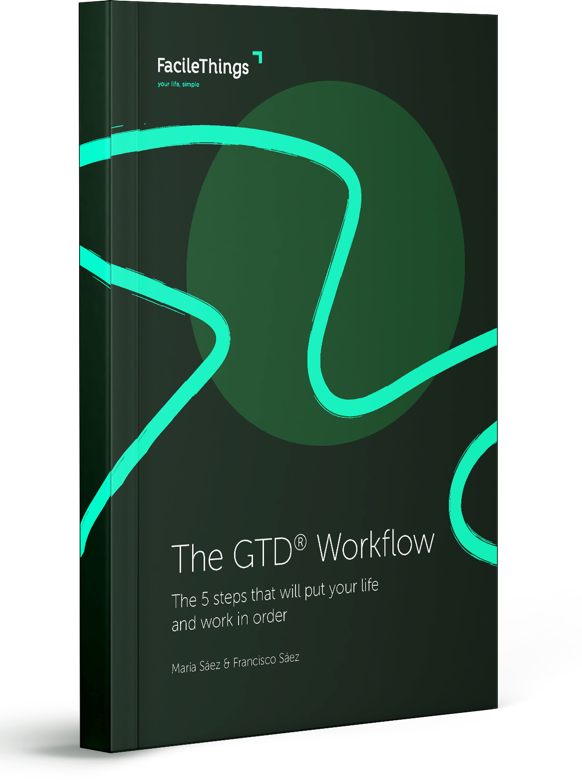Personal Productivity
Should you use productivity formal methods?
AUTHOR: Francisco Sáez
GTD, Autofocus, ZTD, Pomodoro technique, Personal Kanban… Personal productivity has always been surrounded by different formal methods intended to systematize our behavior to make it less erratic and allow us to better focus on what we have to do. From time to time there is a new method — or a variation of an existing one — supported by a handful of evangelists, which enjoys a period of relative popularity… until it is replaced by the next.
Many people, adrift in a sea of undone tasks, keep jumping to the lastest fad, with the hope that it works better than the previous one and become the ultimate solution to all their problems. At the end of the day, no matter how good the new invention is, these people are just as adrift as ever.
Most methods are based on the experiences of a group of people (the larger the group, the more likely to be useful the method) who have a set of common characteristics and behaviors. None of them is universal and can be applied successfully in all cases, by all people. Different ways of working, and even lifestyles, can encourage or discourage the use of a method.
You also have to keep in mind that, although a formal method can bring you benefits, they will manifest themselves only after a more or less long learning process in which you must understand and use correctly the concepts and criteria on which the method is based. The mere fact of adopting a method is not enough. You should be aware that the first projects using a new technique will serve as guinea pigs.
Obviously, some of them work. And very well. It is easy to tell which. They are those which do not go out of fashion and are still gaining popularity over the years. For example, GTD is a method that was born in 2001 and is increasingly recommended and tought by consultants and coaches. There are lots of articles published every week in many languages across the web and many developers are borrowing its concepts and rules to build their productivity applications. Another example is the Pomodoro technique, which was defined in 1992 to help students who were easily distracted, and has been gaining popularity in the world of programming and design, precisely because they are work environments plagued by interruptions.
So should you use productivity formal methods? Absolutely. If, after careful analysis, you think you need to use a formal method, go ahead. But keeping in mind that it is just another tool and you are the ultimate responsible for your productivity, not the method. Personal productivity is primarily a matter of habits.
- Do not adopt any method or technique blindly, without putting it in context.
- Do not underestimate the cost of adopting new methods and tools.
- Do not be a slave to formal methods. Refine, improve, adapt, expand. You are unique.
Have you tried any personal productivity method? What works for you?




No comments